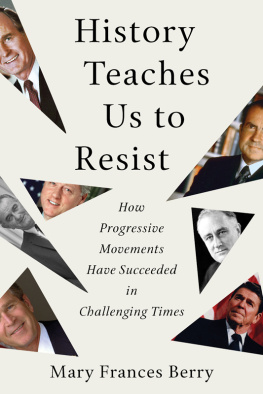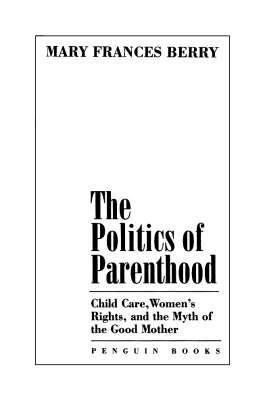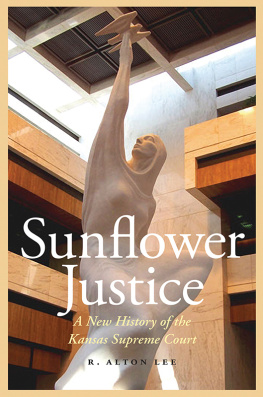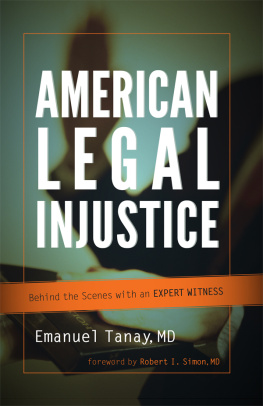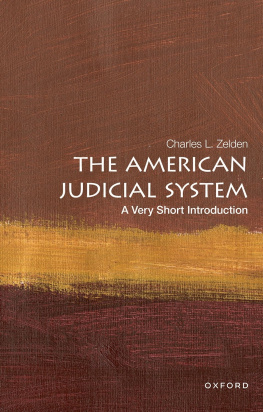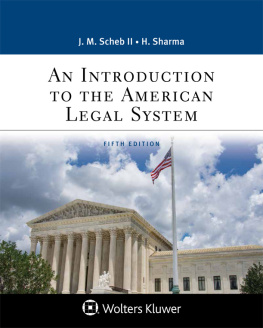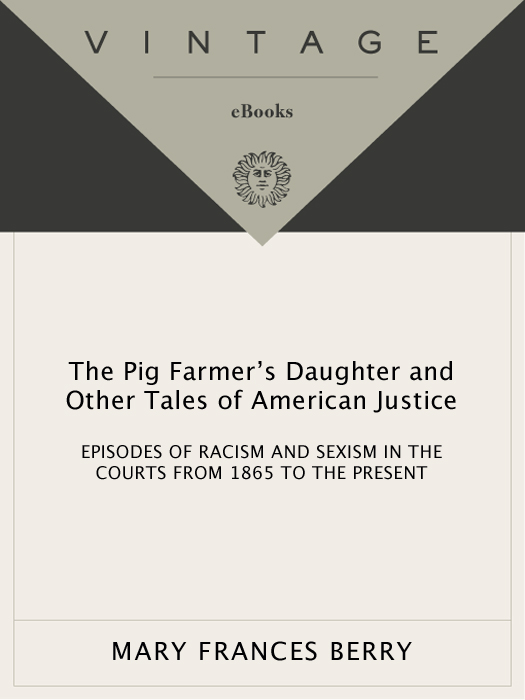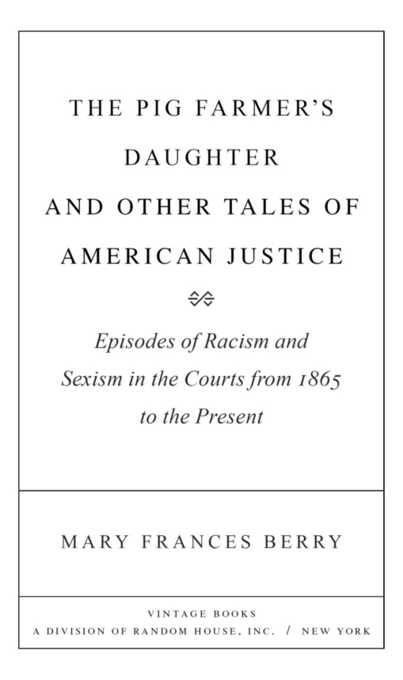Mary Frances Berry - The Pig Farmers Daughter and Other Tales of American Justice: Episodes of Racism and Sexism in the Courts from 1865 to the Present
Here you can read online Mary Frances Berry - The Pig Farmers Daughter and Other Tales of American Justice: Episodes of Racism and Sexism in the Courts from 1865 to the Present full text of the book (entire story) in english for free. Download pdf and epub, get meaning, cover and reviews about this ebook. year: 2011, publisher: Knopf Doubleday Publishing Group, genre: Detective and thriller. Description of the work, (preface) as well as reviews are available. Best literature library LitArk.com created for fans of good reading and offers a wide selection of genres:
Romance novel
Science fiction
Adventure
Detective
Science
History
Home and family
Prose
Art
Politics
Computer
Non-fiction
Religion
Business
Children
Humor
Choose a favorite category and find really read worthwhile books. Enjoy immersion in the world of imagination, feel the emotions of the characters or learn something new for yourself, make an fascinating discovery.

- Book:The Pig Farmers Daughter and Other Tales of American Justice: Episodes of Racism and Sexism in the Courts from 1865 to the Present
- Author:
- Publisher:Knopf Doubleday Publishing Group
- Genre:
- Year:2011
- Rating:3 / 5
- Favourites:Add to favourites
- Your mark:
The Pig Farmers Daughter and Other Tales of American Justice: Episodes of Racism and Sexism in the Courts from 1865 to the Present: summary, description and annotation
We offer to read an annotation, description, summary or preface (depends on what the author of the book "The Pig Farmers Daughter and Other Tales of American Justice: Episodes of Racism and Sexism in the Courts from 1865 to the Present" wrote himself). If you haven't found the necessary information about the book — write in the comments, we will try to find it.
The question Mary Frances Berry asks: Whose story most strongly influences the making of legal decisions in the American justice system? Using previously unexamined material from state appellate civil and criminal court casescases of rape, seduction, and paternity disputes, and cases dealing with murder, inheritance, and property disputes in which sexual relations are at the heart of the storyBerry takes us through two centuries of American case law to show how attitudes toward gender, race, class, and sexuality have materially affected, and continue to affect, judicial decision-making.
Among the many cases Berry discusses:
Alabama, 1867A white woman sues her husband for divorce in both the lower and state supreme courts because of his sexual relationship with a former slave, and is denied her petition on the basis that a sexual relationship between a white man and a black woman is of no consequence.
New York, 1932In a surprising victory, the longtime mistress of a theater owner successfully contests her lovers will and proves her right to inherit a wifes portion of the estate.
Texas, 1984A suit by a woman against her female lover ends in a decision that allows the court to avoid acknowledging the existence of a lesbian relationship.
And, in the 1990s, we see the cases of William Kennedy Smith, Mike Tyson, and O. J. Simpson in a new context.
Moving stories, shocking stories, ironic stories, tragic storiesa book that fascinates in terms of its human drama, by its demonstration of the ways in which prejudice affects justice, and by its account of how the law has evolved (or hasnt) as our racial, social, and sexual attitudes have changed.
Mary Frances Berry: author's other books
Who wrote The Pig Farmers Daughter and Other Tales of American Justice: Episodes of Racism and Sexism in the Courts from 1865 to the Present? Find out the surname, the name of the author of the book and a list of all author's works by series.

